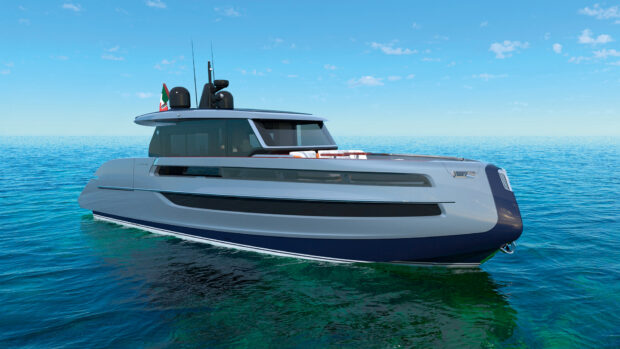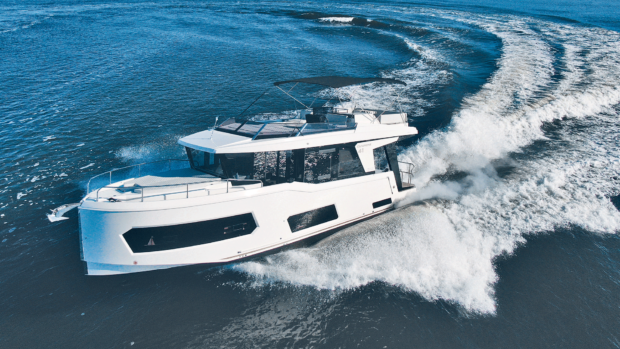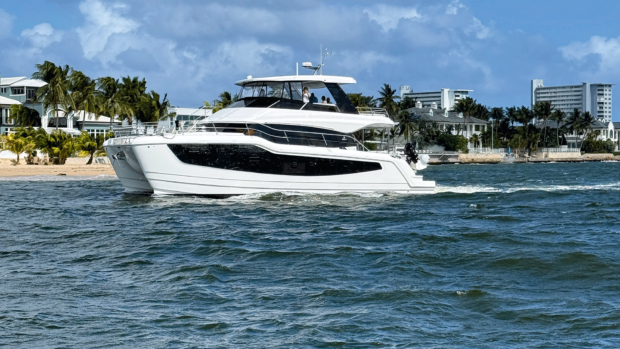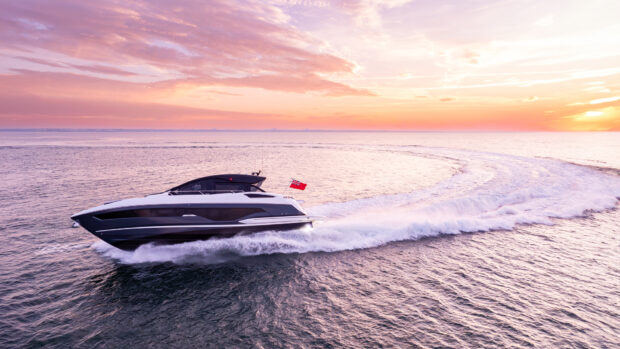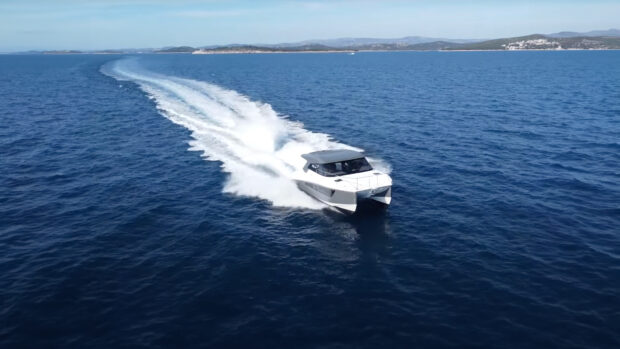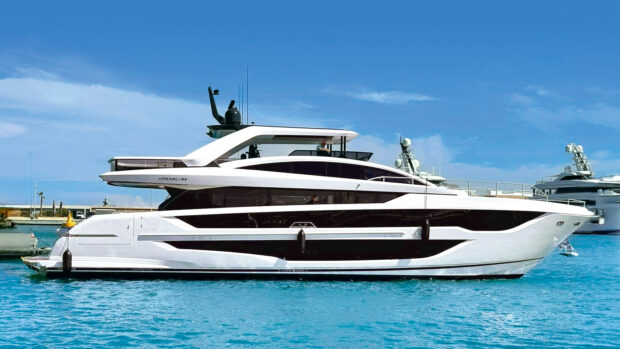Parent company of Pains Wessex speak out
Marine distress signals company Chemring Marine are calling for standardised rules for replacing dated safety products.
Chemring Marine is the parent company of top brands Pains Wessex and Comet and say in some countries, including the USA, signals in annually-serviced liferafts can legitimately be up to 17 months out of date before being replaced.
Chemring are helping to lobby for standardised safety laws.
Product Manager, Keith Bradford, says: “Potentially, it could be a matter of life or death if the signal does not work because it has been in service too long.
“Our concern is for the safety of users and that the products perform to legislated SOLAS safety standards throughout their service life.
“Under current regulations, some administrations, such as the United States Coastguard, allow signals to be left in the liferaft if they are not out of date at the time of the service, which could mean that they are almost 12 months out of date when the next service takes place.
“In addition, rafts can be allowed an extra five months’ grace if the vessel is not near an approved service station. So, altogether, a flare could be up to 17 months beyond its fixed life.”
The main problem is that pyrotechnics degrade with age and red flares turn pinkish white, they warn.
“Red is the worst colour for fading. Eventually, you may not recognise it as a distress signal,” says Mr Bradford.
“Also, flares tend to burn longer at lower candle power, so you have the added risk of a parachute flare still burning when it hits the ground or sea, with an additional fire risk.”
“When conducting a raft service, if a lifed product is going to be out of date by the next scheduled service, we believe it should be replaced there and then.”


